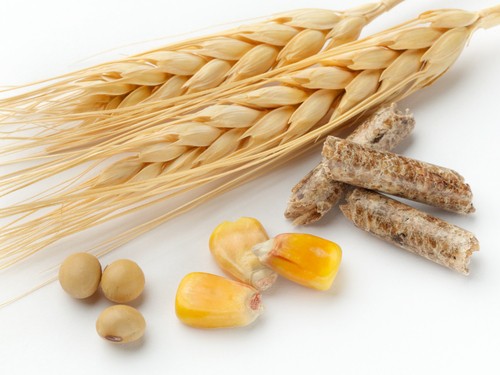Current State of the U.S. Agriculture Industry
Agriculture is a cornerstone of the U.S. economy and lifestyle. As of 2024, this vital sector and its related industries, contributed over $1.5 trillion to the national economy.
With a population exceeding 342 million, according to recent Census Bureau estimates, American households spend approximately 9% of their monthly budget on food. But agriculture extends beyond just providing produce, meat, and dairy. It also supports sectors like textiles, forestry, food services, and more. Currently, the agriculture and food industries provide over 21 million jobs, accounting for about 10% of total employment.
Navigating Modern Challenges and Advancements
Despite its importance, the agricultural sector faces numerous challenges, including:
- Climate Change: Persistent droughts and extreme weather events, affecting states like California, continue to challenge agricultural productivity.
- Health and Nutrition: Evolving concerns about nutrition and diet require adaptation and innovation.
- Pests and Diseases: Emerging diseases and pests threaten livestock, poultry, and crops.
- Workforce Shortages: A decline in students pursuing agricultural sciences impacts the future workforce.
The Role of Shell and Tube Heat Exchangers
Shell and tube heat exchangers are essential in maintaining safety and efficiency in agricultural production. These systems are integral to the dairy industry, as well as the food, beverage, and biodiesel sectors.
Dairy and Food Safety
Pasteurization is a critical process for ensuring the safety of dairy products like milk, cheese, and yogurt. Raw milk poses a higher risk of disease transmission compared to pasteurized milk. According to the Centers for Disease Control and Prevention (CDC), unpasteurized milk is significantly more likely to cause disease outbreaks.
Juices and ciders also require pasteurization to eliminate harmful bacteria. The Food and Drug Administration (FDA) mandates Juice Hazard Analysis and Critical Control Point (HACCP) systems to ensure safe pasteurization practices. Pasteurization temperatures for juices range from 160 to 165 degrees Fahrenheit, depending on the duration of the process.
Learn more about the vital role of pasteurization.
Biofuels and Sustainable Energy
The agriculture sector is instrumental in biofuel production, providing sustainable alternatives to fossil fuels. Biofuels, including biodiesel and ethanol, are derived from agricultural feedstocks. Ethanol production primarily involves fermenting starches and sugars, with ongoing research exploring the use of cellulose and hemicellulose. Biodiesel is produced from fats, such as vegetable oil or cooking grease, and helps reduce vehicle emissions.
Shell and tube heat exchangers play a vital role in biofuel distillation, which involves removing sulfur content and adjusting product characteristics.
Looking Ahead
Research and development continue to drive progress in agriculture, paving the way for innovations that address current challenges and enhance productivity. For more information on how shell and tube heat exchangers can benefit your agricultural operations, contact us or request a quote today.
More from the Enerquip Blog
- The Impact of Shell & Tube Heat Exchangers in Chemical Processes
- Two Methods for Cleaning Heat Exchanger Tubes: Chemical Cleaning vs. Hydroblasting
- 5 Ways Shell & Tube Heat Exchangers Help Recover Waste Heat
- Addressing the Impacts of Maldistribution in Heat Exchange
- Common Questions About Pharma-Grade Shell and Tube Heat Exchangers

